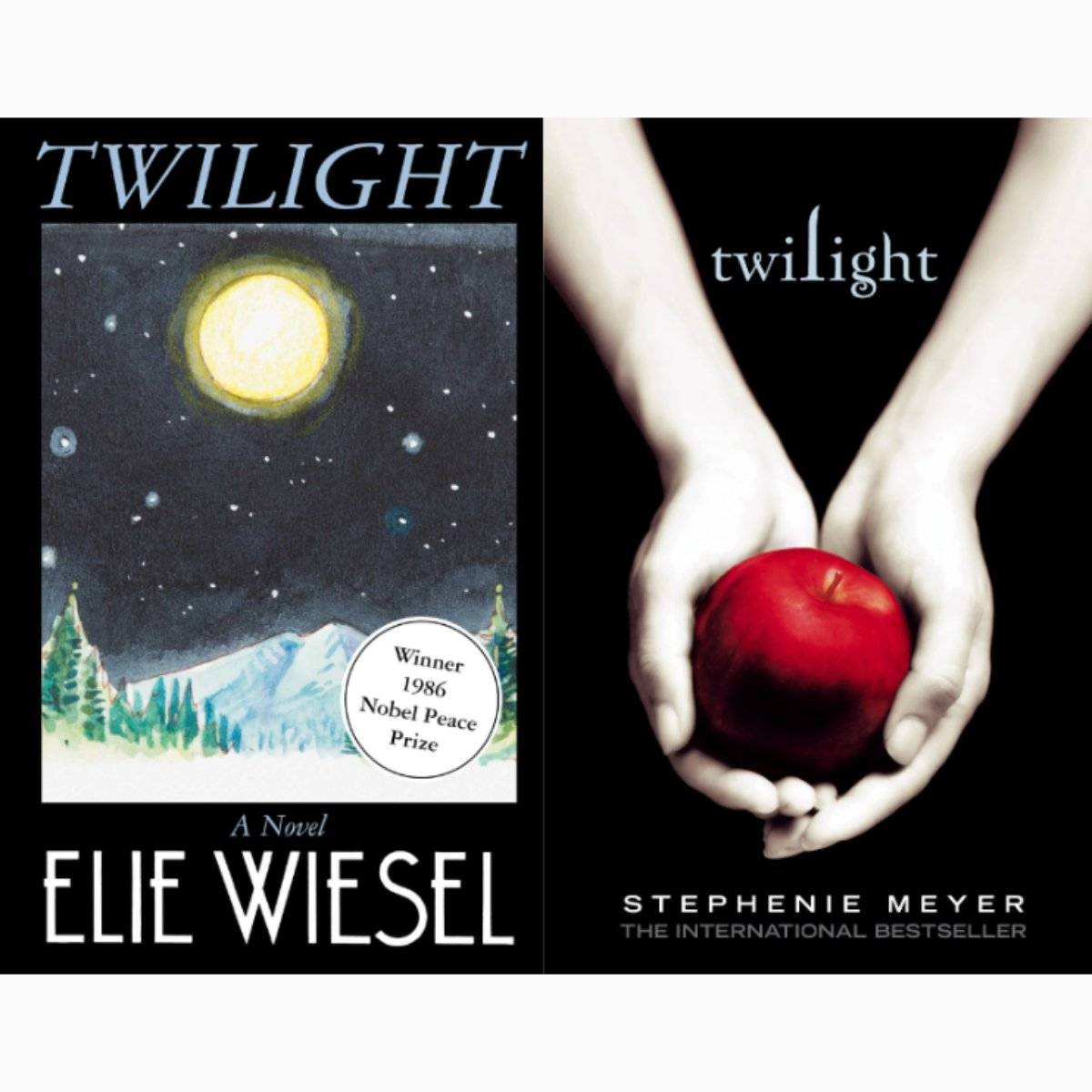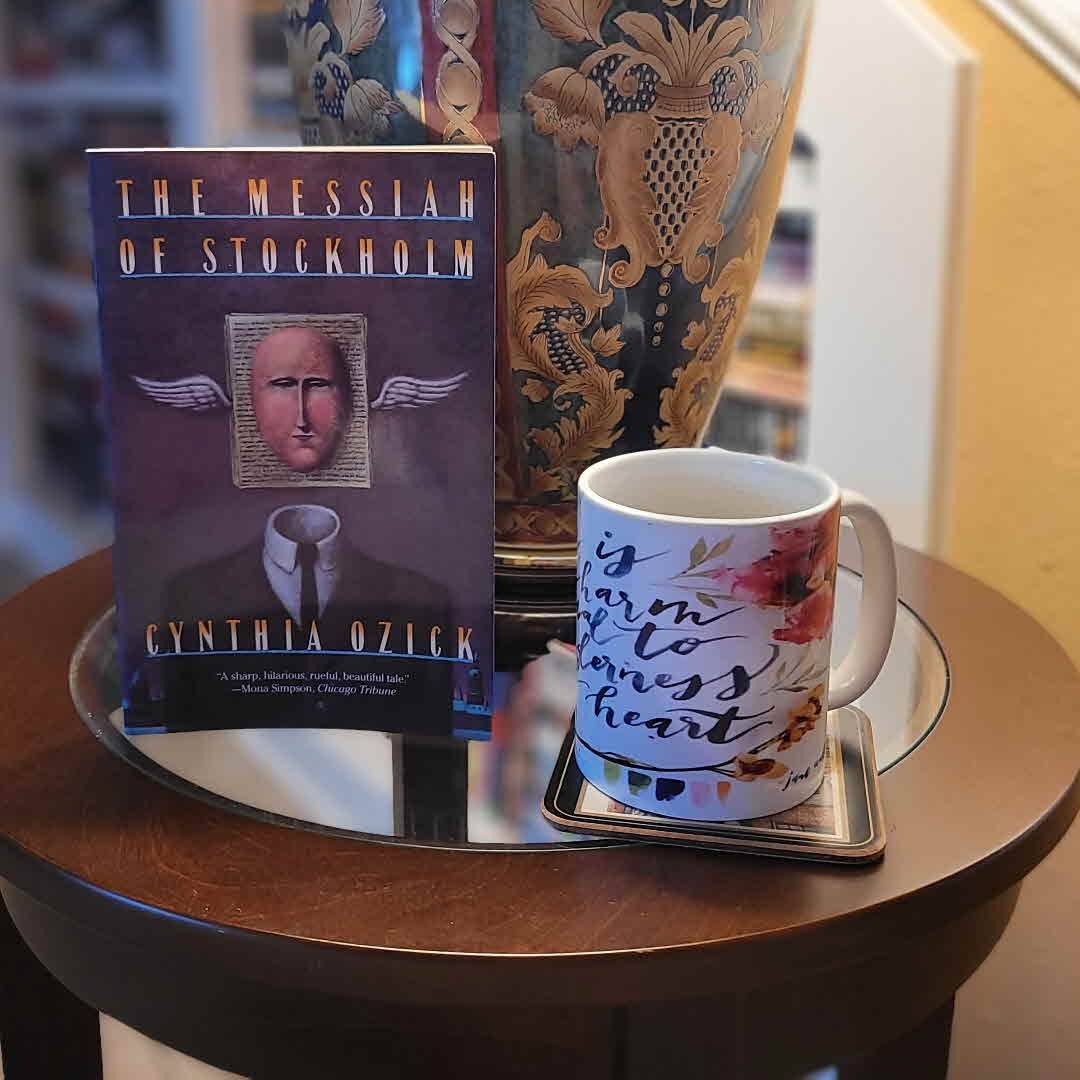
Finishing another book on my shelf thanks to #Roll100. The tagged was my March #90 pick. @PuddleJumper

Finishing another book on my shelf thanks to #Roll100. The tagged was my March #90 pick. @PuddleJumper
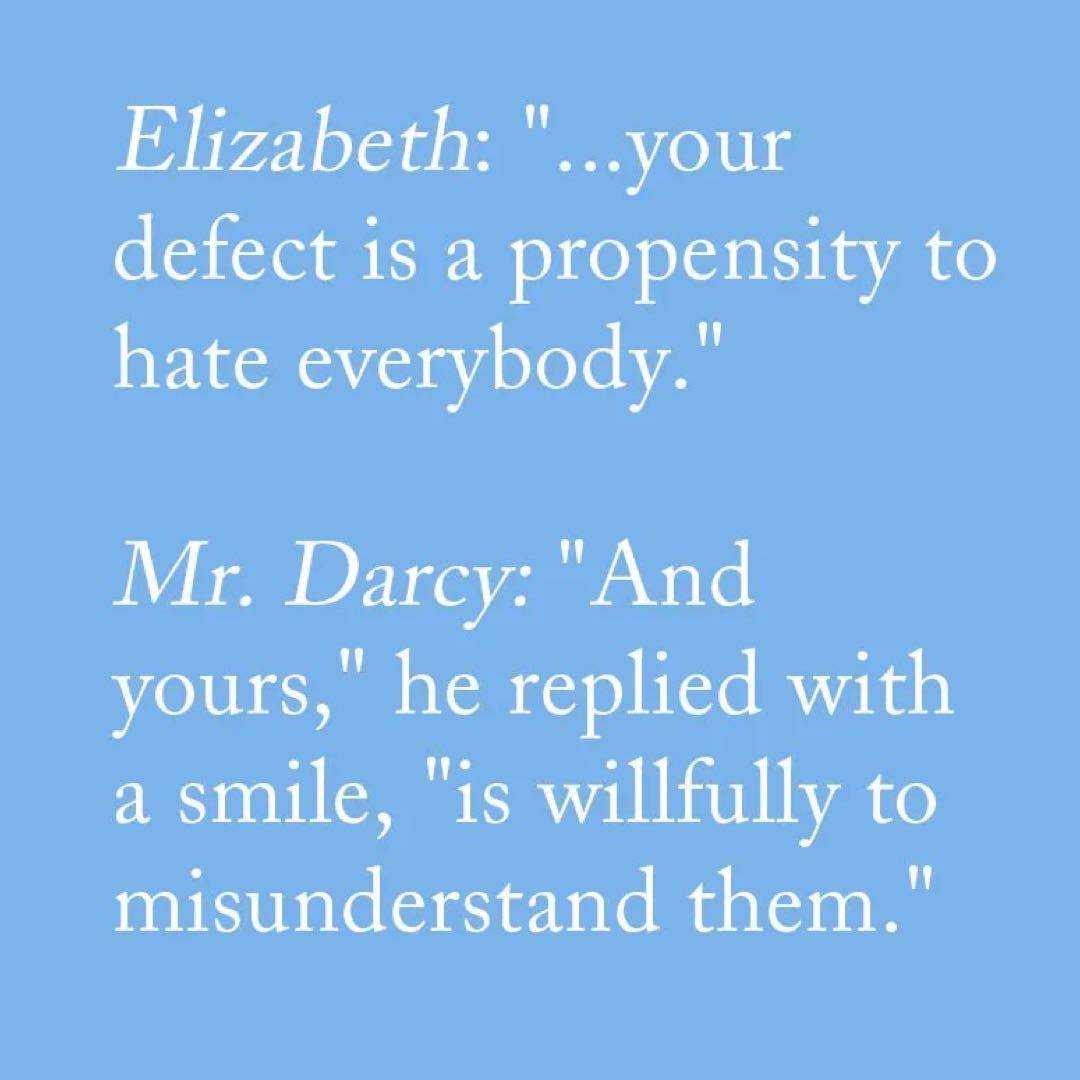
I saw others refer to Amy Levy as a Jewish Jane Austen. I think this is a fair comparison of the content - sitting rooms, dances, afternoon tea, manners & propriety, etc. However, the characters in the novel aren‘t as fleshed out as in an Austen novel. The writing was sparse and simple.
The P&P quote doesn‘t have anything to do with Rueben Sachs. But I didn‘t willfully misunderstand the book. 🙃
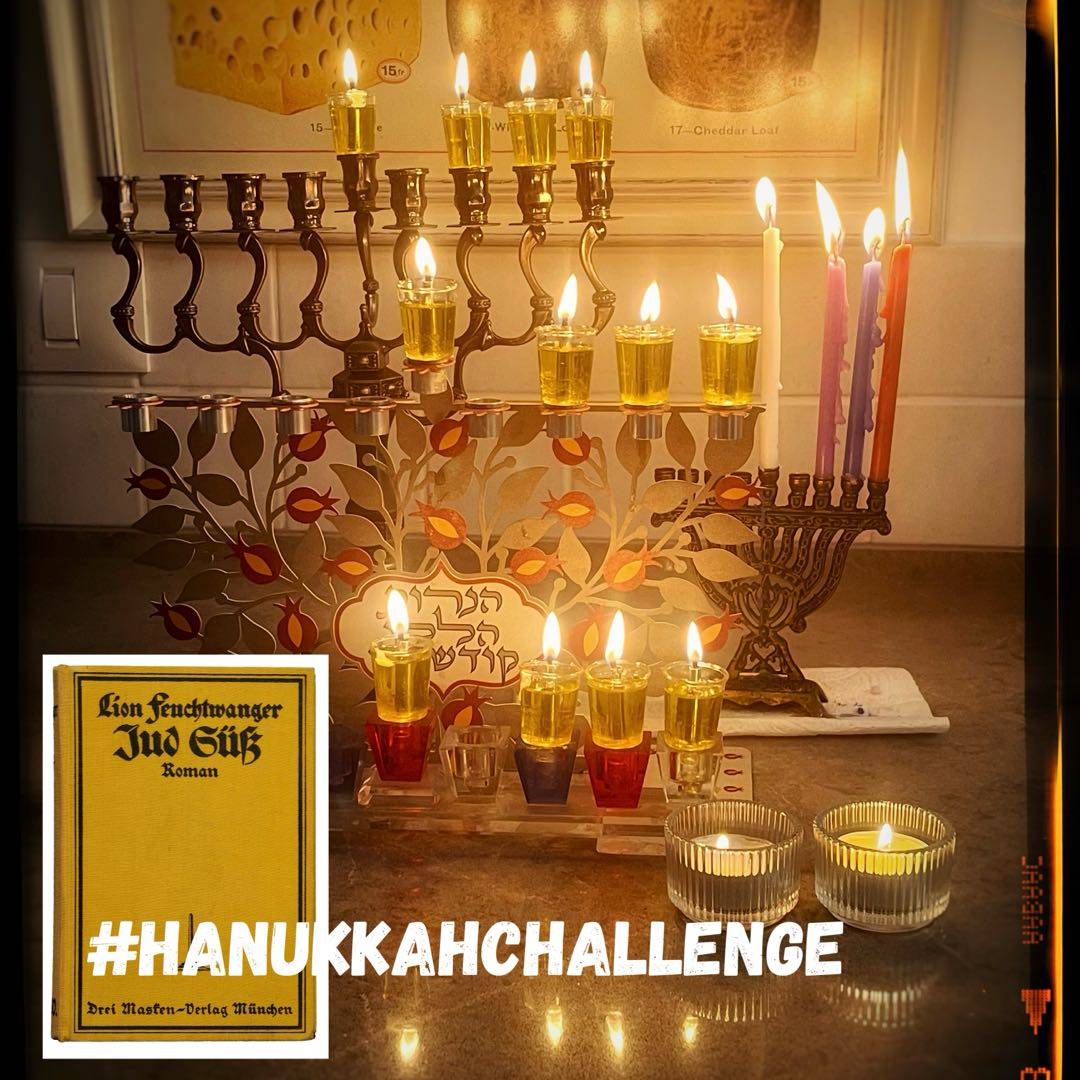
For the third candle of my #Hanukkahchallenge I #reread another book about a Jewish moneylender: a fascinating retelling of the life of Court Jew for one of German dukes in 17 century - Joseph Süß Oppenheimer. A fast and very dramatic story that describes court intrigues, financial schemes and personal life of the duke, his entourage and his personal Jew that ends in tragedy for all involved. Feuchtwanger is a master of storytelling
#iamthatjew
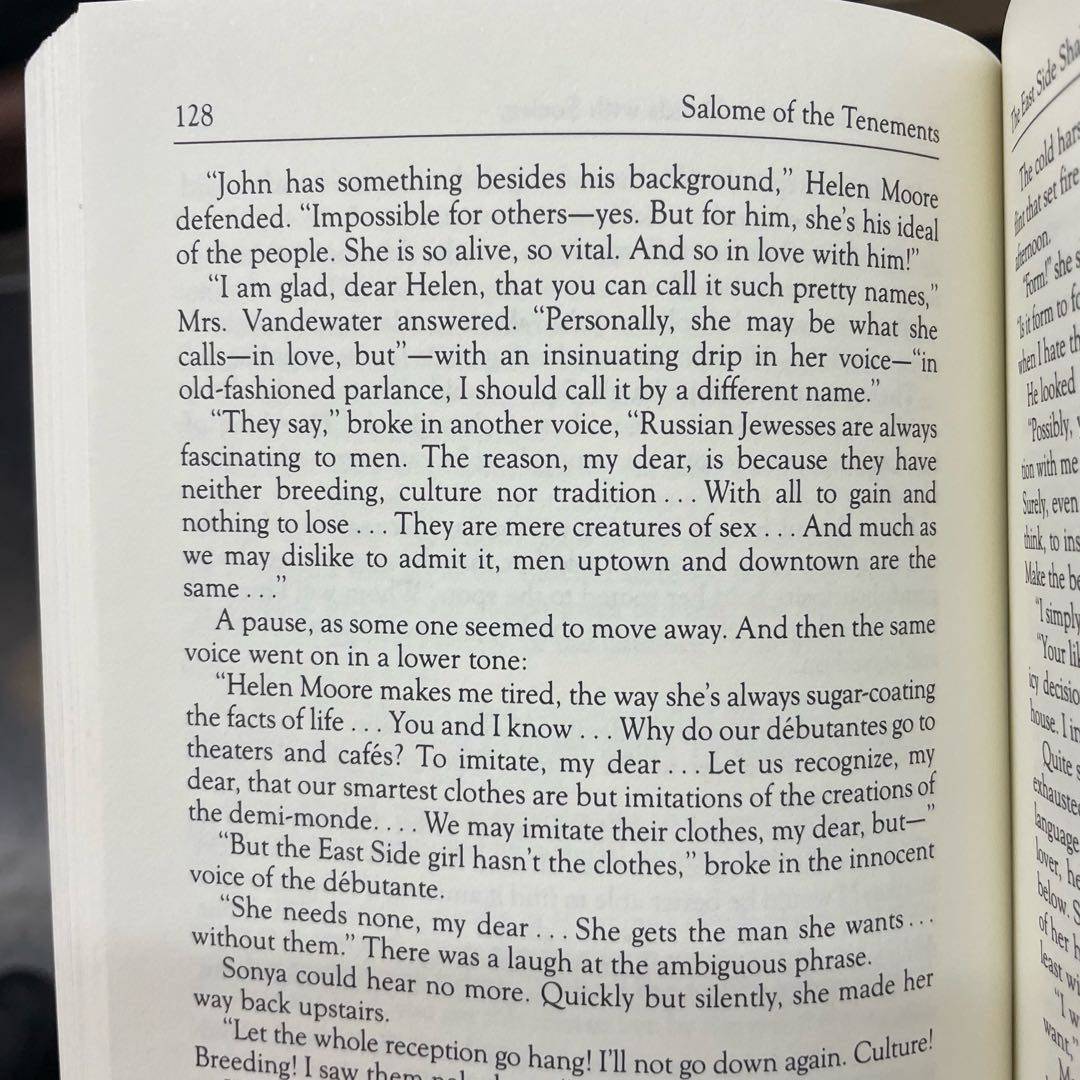
Ah yes. 1923 NYC. Talking about Jews as foreign and overly sexual.
On the next page the author refers to the same character as “oriental.”
Classic racism.
There is nothing new in the world.
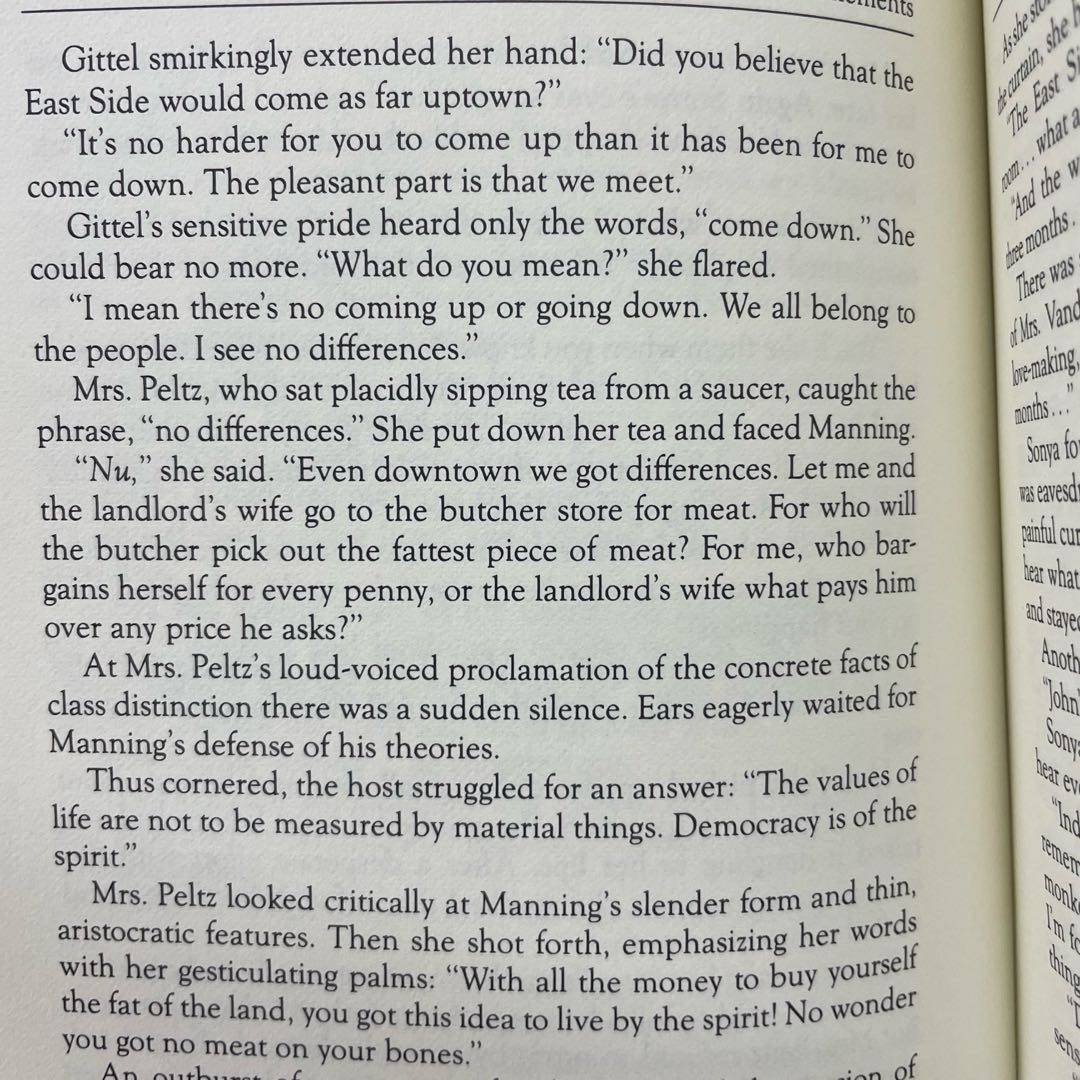
“Even downtown we got differences. Let me and the landlords wife go to the butcher store for meat. For who will the butcher pick out the fattest piece of meat? For me, who bargains herself every penny, or the landlords wife that pays him over any price he asks?”
Unintended bias is everywhere. Even in 1923.
#selfguidedwomenandgenderstudiescourse
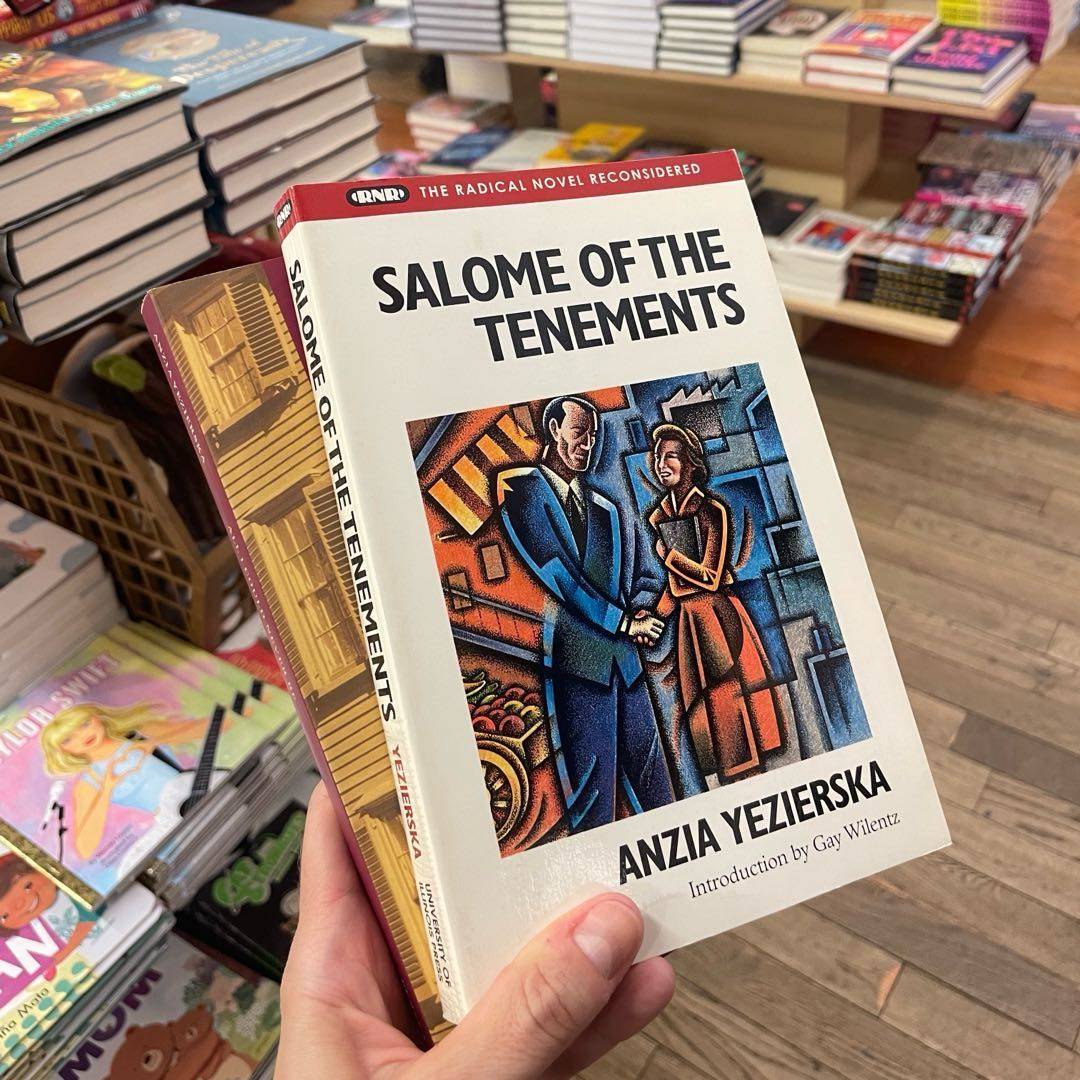
Honestly, what were the freaking odds of finding this book.
It has no reviews on Litsy. It isn‘t mentioned in any of the other “also by this author.”
But there it was on a to be shelved used books trolley.
I‘m so excited. Talk about beshert!
